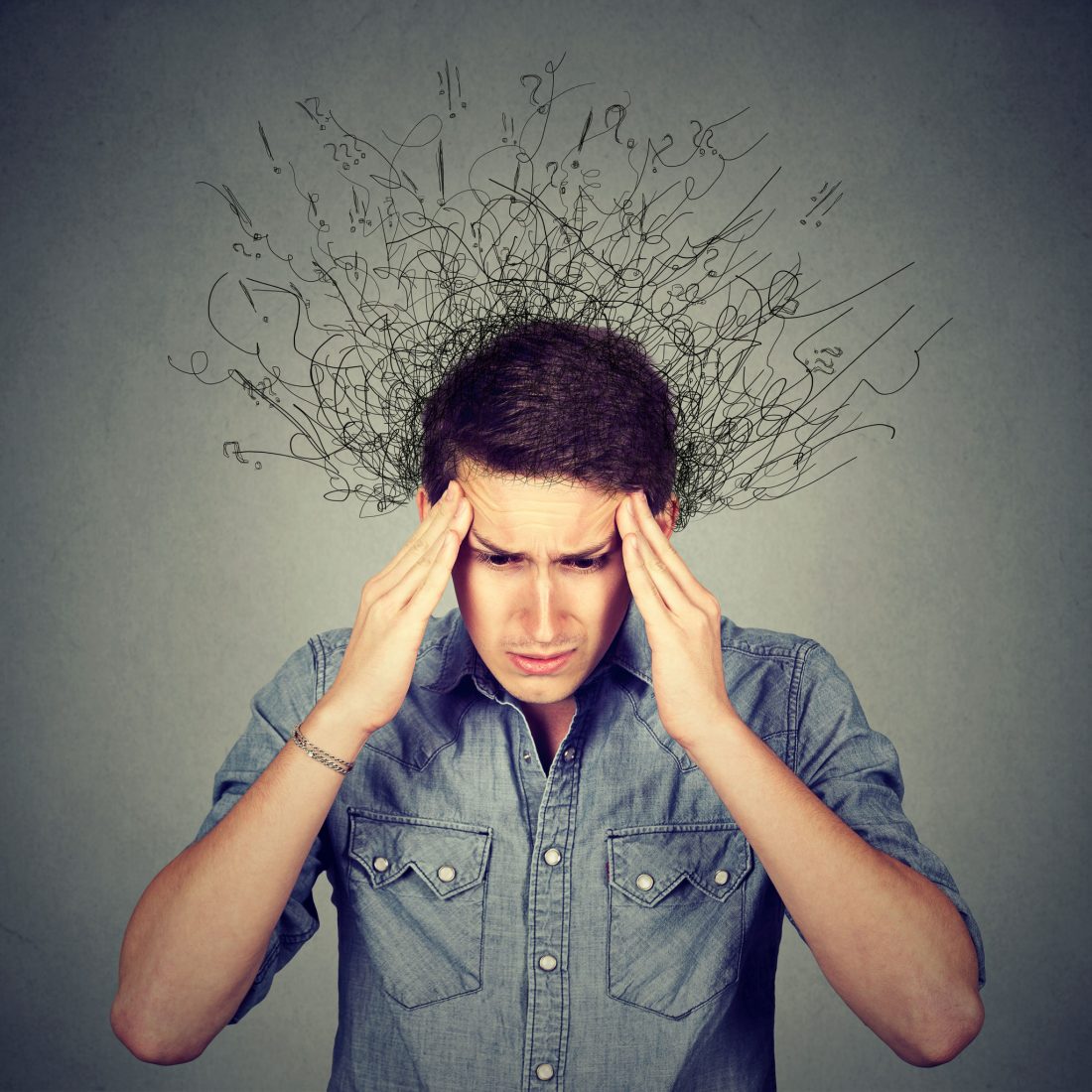Behavioral challenges can impact a person’s quality of life significantly. Whether you have been diagnosed early in life or recently or are worried about a loved one struggling with a behavioral condition, the best way to approach such an issue is to be informed.

Depending on their seriousness, behavioral difficulties in children may be addressed by using a child’s behavior chart. However, such problems can become more complicated to treat or manage in older children and adults, as the behavior would have had the time to take root.
Let’s take a look at some behavioral disorders and their symptoms so you may give yourself or your children the chance to live a happy and successful life with them.
What Are Behavioral Disorders?
Behavioral disorders are described as a pattern of behaviors that disrupt daily life and cause harm to you and the people around you. Like the less serious behavioral difficulties, these behaviors are diagnosed and treated in the formative years of growth and development. Take a look at Beck Depression Inventory 2.
However, unlike bad habits or character problems in children, they may continue to plague a person until adulthood and affect his ability to maintain healthy relationships, keep a job, and perform the functions of a typical adult.
Behavior disorders are more likely to develop in people who have been exposed to the following as children:
- Physical and verbal abuse
- Substance abuse
- Traumatic events
- Toxic substances
- Deviant behavior
There are different types of behavioral disorders, but these are the five most common ones that affect people in America today:
1. Conduct disorder
A person with conduct disorder tends to struggle with socializing, showing empathy, and following rules. The symptoms of this behavior usually manifest around the teenage years and include:
- Starting fights
- Bullying and threatening people
- Stealing
- Wrecking or breaking into private property
Those who have conduct disorder also tend to lack remorse, empathy, concern, or any type of emotional response for their actions.
2. Oppositional Defiant Disorder
It’s not unusual for children to act out in defiance by throwing tantrums. The ODD or oppositional defiant disorder is when this behavior carries into adulthood. ODD signs begin in childhood with behaviors such as refusing to obey rules, intentionally trying to upset people, and paying no heed to authority.
When left undiagnosed and untreated early in life, this disorder can leave one feeling misunderstood and always angry at the world. He will have a dislike for authority figures and will have difficulty finding and keeping a job as a result. He will also take constructive criticisms and feedback as attacks on his character and constantly blame others for his actions.
3. Attention Deficit Hyperactivity Disorder
ADHD is something we see in a lot of kids, adolescents, and adults these days. Signs and symptoms of this disorder include, but are not limited to:
- Impulsive behavior
- Short attention span
- Little to no time management skills
- Frequent mood swings
- Inability to cope with stress
- Little to no patience
Because of these, those with ADHD may find it difficult to get a job, abide by the law, earn money, control substance intake, and maintain relationships.
4. Obsessive-Compulsive Disorder
OCD basically puts you in a constant state of worry about anything and everything. The disorder is characterized by actions, impulses, and thoughts that are chronic, intrusive, and beyond your control. It may push you to engage in activities like washing, cleaning, counting, and checking constantly.
It would make you obsessed with making sure things are exactly how you want them to be because you would go crazy if they weren’t.
Other things someone with OCD may obsess about are:
- Uncertainties in life
- Arrangement of things
- Ideas or concepts about self-harm and causing harm to others
- Unwanted thoughts often sensual in nature
OCD can make it difficult for you to function normally and, thus, disrupt your everyday life. It may also lead to other serious complications like anxiety, depression, and bipolar disorder.
5. Behavioral Addiction
If you’re addicted to something, it doesn’t necessarily have to be a substance. It can be any activity your brain associates with pleasure and results in the activation of the reward mechanism.
Here are some behaviors you may become addicted to:
- Shopping
- Video games
- Plastic surgery
- Binge eating
- Risky behavior
- Gambling
- Internet
Addiction to any of these behaviors might lead to neglecting responsibilities, using the behavior as a coping mechanism, hiding from problems, and continuing the behavior despite knowing its ill effects.
Catching the Signs Early Can Make All the Difference
Some behavioral difficulties can turn into lifelong disorders when left undiagnosed and untreated. So watch out for the signs early on, and don’t hesitate to reach out to professionals if you notice them. It might be an easy-to-remedy character issue or a severe behavioral condition, but you give your child a chance for the best possible life.



